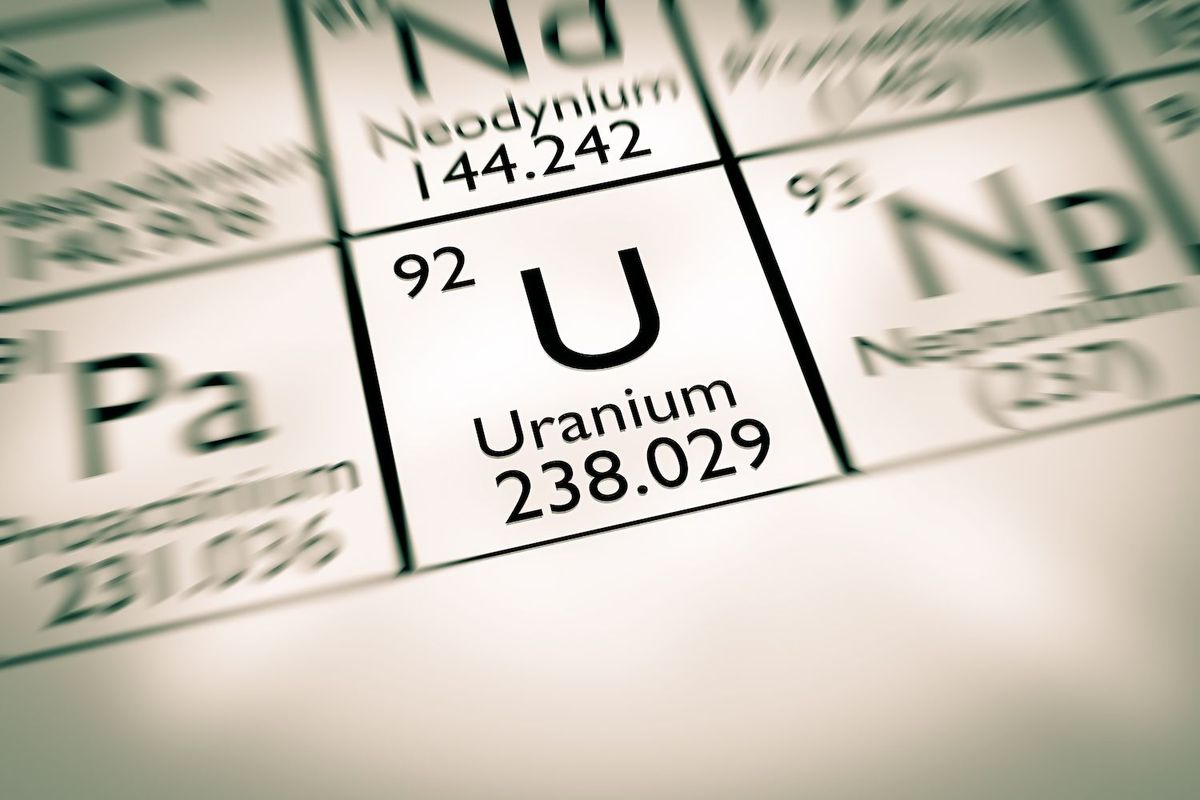Australian Government Denies Lease Renewal for Jabiluka Uranium Project
The move from the Australian government ends more than four decades of controversy surrounding the Northern Territory-based uranium site.

Australia's federal government has denied Energy Resources of Australia's (ASX:ERA,OTC Pink:EGRAF) application for a 10 year lease renewal for the Jabiluka uranium project, located in the Northern Territory.
The decision was announced in a July 26 press release by Mark Monaghan, the Northern Territory's minister for mining.
“The Federal Government advice, along with the wishes of the Mirarr people, were critical to this process and outcome,” he said, adding that stakeholder views were also considered in the decision.
Energy Resources, a subsidiary of major miner Rio Tinto (ASX:RIO,NYSE:RIO,LSE:RIO), filed for the renewal in March of this year, hoping to extend the 42 year lease for another decade.
However, in May, the Northern Territory's government declared that a "reserved land" area would be established, preventing any applications for mineral title grants over the area at the end of the current lease.
The company's existing lease is due to expire on August 11 of this year.
Australia is a top producer of uranium, but the energy fuel is a contentious issue in the country. Uranium mining is only allowed in some areas, and at this time the country doesn't use nuclear power.
Energy Resources expressed disappointment with the decision and said it will assess its options. The company, along with Rio Tinto, previously said it wouldn't move forward without approval from the Mirarr Indigenous community.
The Australian Conservation Foundation said the federal government's choice is a “huge win” for traditional owners, as it separates the site from the “divisive era of uranium mining in Kakadu.”
“This is a responsible decision that ends the threat that has hovered over this very special place for four decades,” it states. The uranium deposit is beneath Kakadu National Park, a 20,000 square kilometre biodiverse nature reserve.
Opposition to mining at Jabiluka dates back to the late 1990s and early 2000s, when thousands of people travelled to the area to protest. The Mirarr have been active in speaking out against plans for the property this year as well.
Australia's federal government will now be in charge of decisions about the site, in consultation with key stakeholders.
Energy Resources was previously one of the nation’s largest uranium producers, operating Ranger, Australia’s longest continually producing uranium mine. Ranger ceased operations in 2021 after the traditional owners of the land it covers said they didn't support an extension to activity; Energy Resources is now rehabilitating the site.
According to the Financial Times, the cost of restoring the Ranger area now stands at more than AU$2 billion, but Energy Resources will run out of money by the end of the year if it doesn't raise funds.
Don’t forget to follow us @INN_Australia for real-time news updates!
Securities Disclosure: I, Gabrielle de la Cruz, hold no direct investment interest in any company mentioned in this article.






